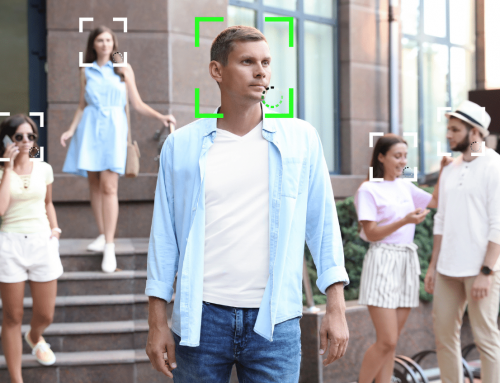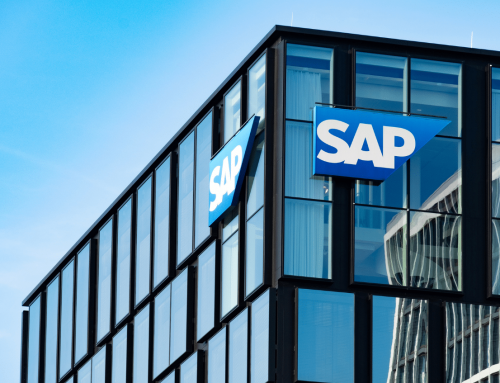People are becoming replaceable - but not everywhere
Robots that write texts. AI that makes diagnoses. Machines that advise customers. What sounds like a glimpse into the distant future has long since become reality. And it is progressing at breakneck speed. Artificial intelligence is revolutionizing our everyday lives - and is targeting more and more jobs in the process.
Microsoft founder Bill Gates, one of the most important tech visionaries of our time, has now commented on the future of the labor market - and issued a clear warning: Many professions will disappear. But there are three exceptions where people will remain irreplaceable - at least for the time being.
1st programmer: AI writes code - but only under supervision
Ironically, those who develop AI are among those who, according to Gates, will not be replaced by it. It is true that AI can already create simple codes today - even program entire websites at the touch of a button. But real software development is much more than that: it requires creativity, critical thinking, security awareness and, above all, error control.
Because AI (still) makes a lot of mistakes - and someone has to correct them. That's why it needs people who understand how code works, how to optimize it and how to develop it further. The role of the developer will change - but it will not disappear.
2. energy experts: too complex for the machine brain
A profession that many may not have had on their radar: energy experts. But according to Gates, this area in particular is too complex and dynamic to be handed over completely to AI.
Whether nuclear power, renewable energies or the oil industry - complex infrastructures are involved everywhere, where not only mathematics but also strategic thinking, risk assessment and human experience count. Technology can provide support here, but it does not (yet) understand the global, political and ecological contexts.
3. biologists: the spirit of discovery cannot be programmed
Artificial intelligence is an excellent tool when it comes to analyzing large amounts of data. It can help to identify diseases, map genes or test active ingredients - but that is not the end of research.
Gates is convinced that scientific curiosity, creativity and a spirit of discovery cannot be simulated. In biology and medicine in particular, it is often unexpected observations and interdisciplinary thinking that lead to breakthroughs. People will still be needed here in the future - to ask questions to which there are still no answers.
Conclusion: Three rays of hope in a gloomy forecast
Bill Gates' outlook is clear: AI will radically change the world of work - not someday, but soon. Many professions as we know them today could disappear or change fundamentally. But those who work in technology, science or the energy sector have a good chance of remaining in demand in the age of AI.
His advice is clear: don't work against AI, work with it. Those who are willing to learn, develop further and understand technology as a tool will not be replaced - they will remain indispensable.







